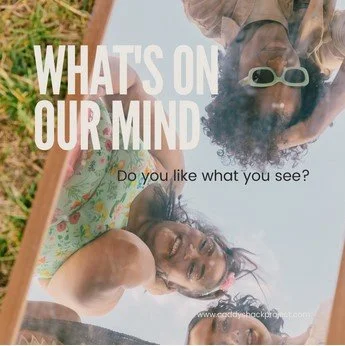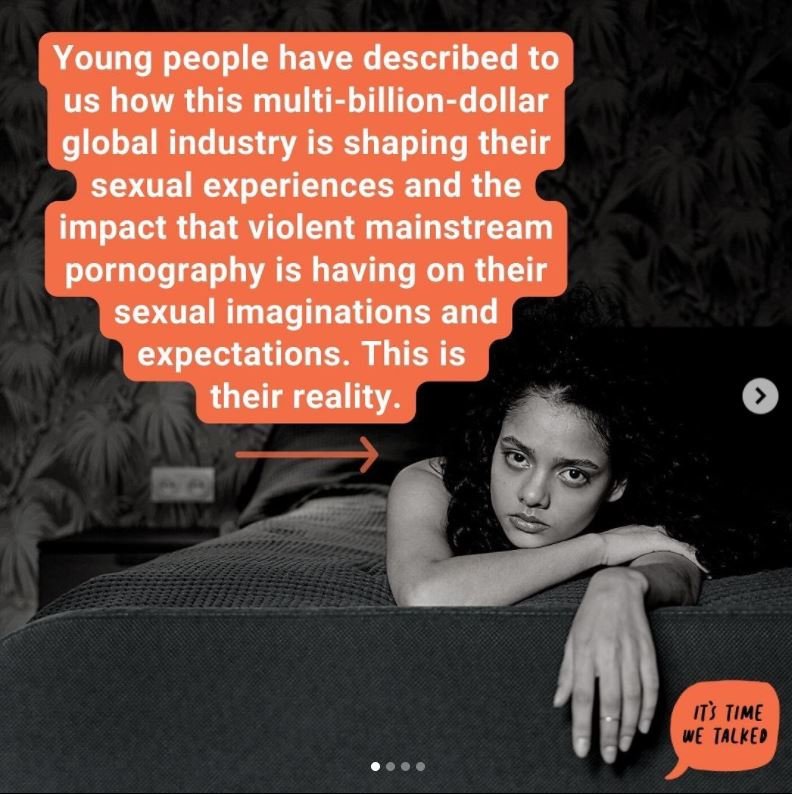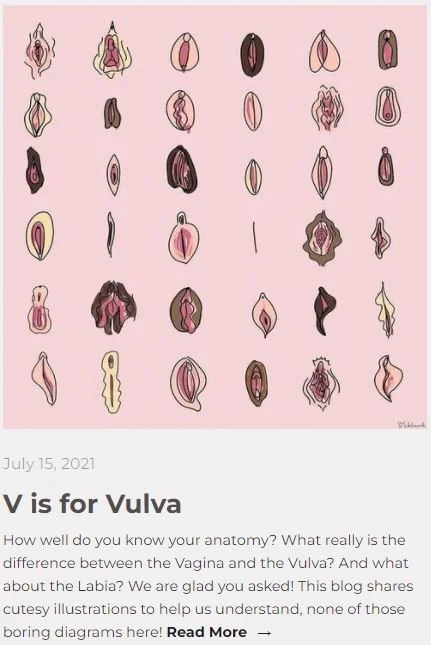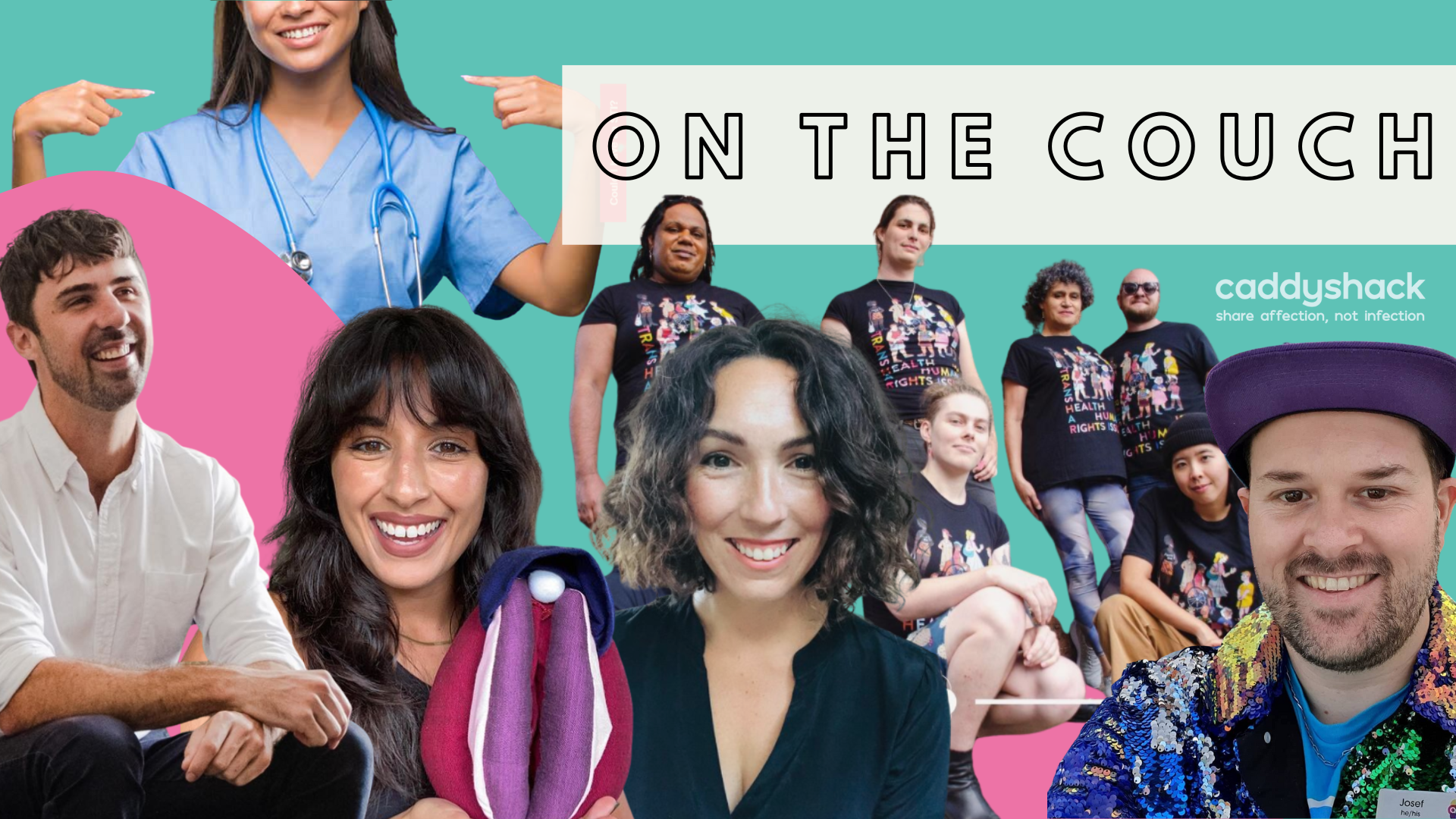September 2023
Quote
“Self-care is the constant practice of not letting more pain accumulate. It is about continually remembering that our lives are of value. It is the active process of settling our nervous systems so that we have more access to the present moment.””
Useful Fact
Back in March this year we hosted a webinar with Dr Joy Townsend from Learning Consent and she recommended these great short clips on the communicative approach to sexual consent.
At Learning Consent, their training is based upon the premise that consent is complicated, and there is a lot to learn.
They hold a safe space for people to bring their questions - however big or small - and the trainers work with participants to unpack the complexities of the subject and enable each individual to establish their own ethical approach to sexual consent. Their training is research driven, evidence based, inclusive and youth centred.
Dr Joy is a Sociologist whose area of expertise is in the field of gender and sexualities. Her work centres on the lived experiences of young Australians. Joy founded Learning Consent to bridge the gap between the research and evidence base for teaching sexuality education effectively, and what was happening in the classroom. We are big fans!
Instagram Highlight
Follow us on Instagram to access posts like this one!
Have you ever looked at yourself in the mirror and tried to be body positive because that is what we are told to do.
Love everything about our bodies just the way they are, all the time. That sounds like toxic positivity, yikes!😬
The 𝗯𝗼𝗱𝘆 𝗽𝗼𝘀𝗶𝘁𝗶𝘃𝗲 𝗺𝗼𝘃𝗲𝗺𝗲𝗻𝘁 is strong. But it can be very appearance-centric, unrealistic and actually, it is not always easy to love a body that is chronically ill, under-functions, or has experienced trauma. Introducing (or maybe re-introducing) – being 𝗯𝗼𝗱𝘆 𝗻𝗲𝘂𝘁𝗿𝗮𝗹.
It’s where we can be more wholistic and recognise that 𝘄𝗲 𝗮𝗿𝗲 𝗺𝗼𝗿𝗲 𝘁𝗵𝗮𝗻 𝗷𝘂𝘀𝘁 𝗼𝘂𝗿 𝗯𝗼𝗱𝗶𝗲𝘀. Say it again 📣 𝘄𝗲 𝗮𝗿𝗲 𝗺𝗼𝗿𝗲 𝘁𝗵𝗮𝗻 𝗷𝘂𝘀𝘁 𝗼𝘂𝗿 𝗯𝗼𝗱𝗶𝗲𝘀!
@_thepleasurecentre has a great blog post about body neutrality & swapping statements from "I 𝙡𝙤𝙫𝙚 my body" to "I 𝗵𝗮𝘃𝗲 a body".
Campaign & Events
It’s time we talked is a violence prevention initiative that supports young people, parents, schools, government and the community sector to understand and address the influence of pornography.
By getting people talking about pornography and its impact on young people, It’s time we talked aims to:
Encourage young people and the broader community to critique the messages about men, women and sex conveyed in mainstream pornography
Promote understandings of gender and sex that are based on concepts such as mutual respect, equality, communication and consent
Encourage and equip people across a broad range of levels of influence – from parents, teachers and youth workers to school and community leaders to senior government staff and politicians – to address the influence of pornography.
Know Your Websites
Heywire puts young Australians at the centre of the conversations that shape their communities.
The ABC has run the annual regional youth project in partnership with the Australian Government since 1998.
The annual Heywire cycle begins with a storytelling competition - open to people aged 16-22, living in regional or rural Australia.
Heywire encourages young people to tell stories about their life outside the major cities in text, photo, video or audio format.
Over the past 23 years more than 11,500 young Australians have taken part.
Who are
The Pink Elephants Support Network.
Miscarriage may be common, that doesn't mean that it doesn't have a profound impact on the woman who has lost her baby and her partner.
To the woman who has just experienced the death of her baby, she is grieving the loss and living in a world full of triggers. Within an elephant community if a mother elephant loses her baby, the other elephants use their trunks to form a physical #circleofsupport around her.
It's time for wider empathy and understanding into early pregnancy loss. Pink Elephants aim to normalise miscarriage for the world to see. This video highlights some of what the community faces every day.
Pink Elephants provides the latest resources, information and peer-support for anyone impacted by early pregnancy loss.
Using evidence, empathy and connection, their unique digital-first approach offers a single source of specialist support, whenever and wherever it’s needed — for anyone who has directly experienced it, for family and friends, corporate partners or healthcare professionals seeking proven ways to help.
On the Blog
Did you know that ‘V is for Vulva’ is one of our most popular blogs?
Maybe it’s what people are searching on Google. What’s the difference between a vagina and a vulva?
Find the answer in the blog and don’t forget to share it!
Ok, fine - we will give you an excerpt since you are already here. But you will have to go into the blog post to see the cutesy illustrative diagrams.
The Vagina is the muscular tube that connects the vaginal opening to the cervix. It is the internal part of the genitalia.
The Vulva is the external genitalia, including the labia, the clitoris and the vaginal and urethral openings.
Simply by referring to this whole structure as a vagina does a serious disservice to the vulva and its functions.
Whilst the vagina is often associated with sex, menstruation and childbirth, the vulva is more associated with pleasure, taboo and difference.
Many people with vulva’s have a sense of “difference”. Society does not talk about vulvas in the same way it talks about penises and vulvas are not represented “equally” or even “naturally” in many social references, particularly in porn.
Read (or re-read) the full blog and start using the correct terminology today!
Resource
It has been over ten years since the first World Happiness Report was published. And it is exactly ten years since the United Nations General Assembly adopted Resolution 66/281, proclaiming 20 March to be observed annually as International Day of Happiness.
Since then, more and more people have come to believe that our success as countries should be judged by the happiness of our people.
There is also a growing consensus about how happiness should be measured. This consensus means that national happiness can now become an operational objective for governments.
The country rankings show life evaluations for each country, averaged over the years 2020-2022.
Diary Dates
Our final two free webinars for 2023 are coming up. Join us as we host Eliza Basheer, Sexual Health Promotion Program Manager from the NSW STI Programs Unit on the importance of a national sexual and reproductive health school curriculum and Josef Garrington from ACON and a panel on HIV.
Complete free modules like Doin it Right, Nitty Gritty & Because You Care in your own time.







